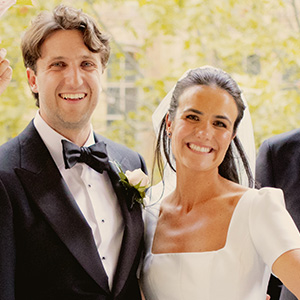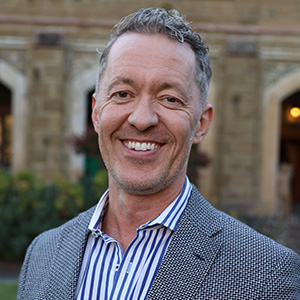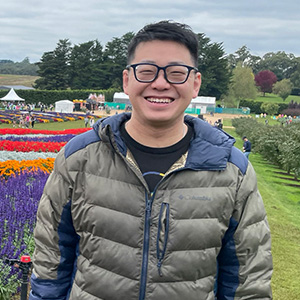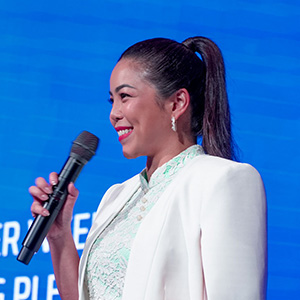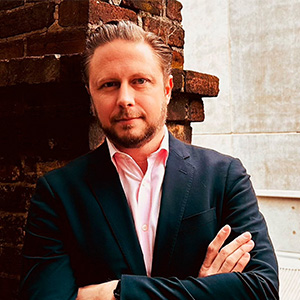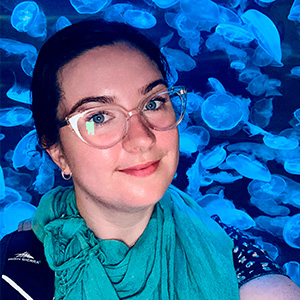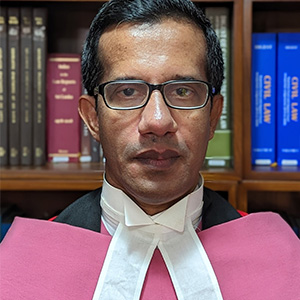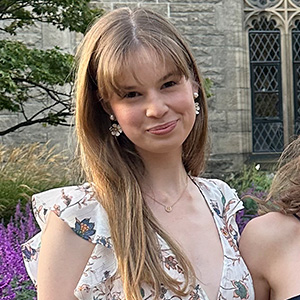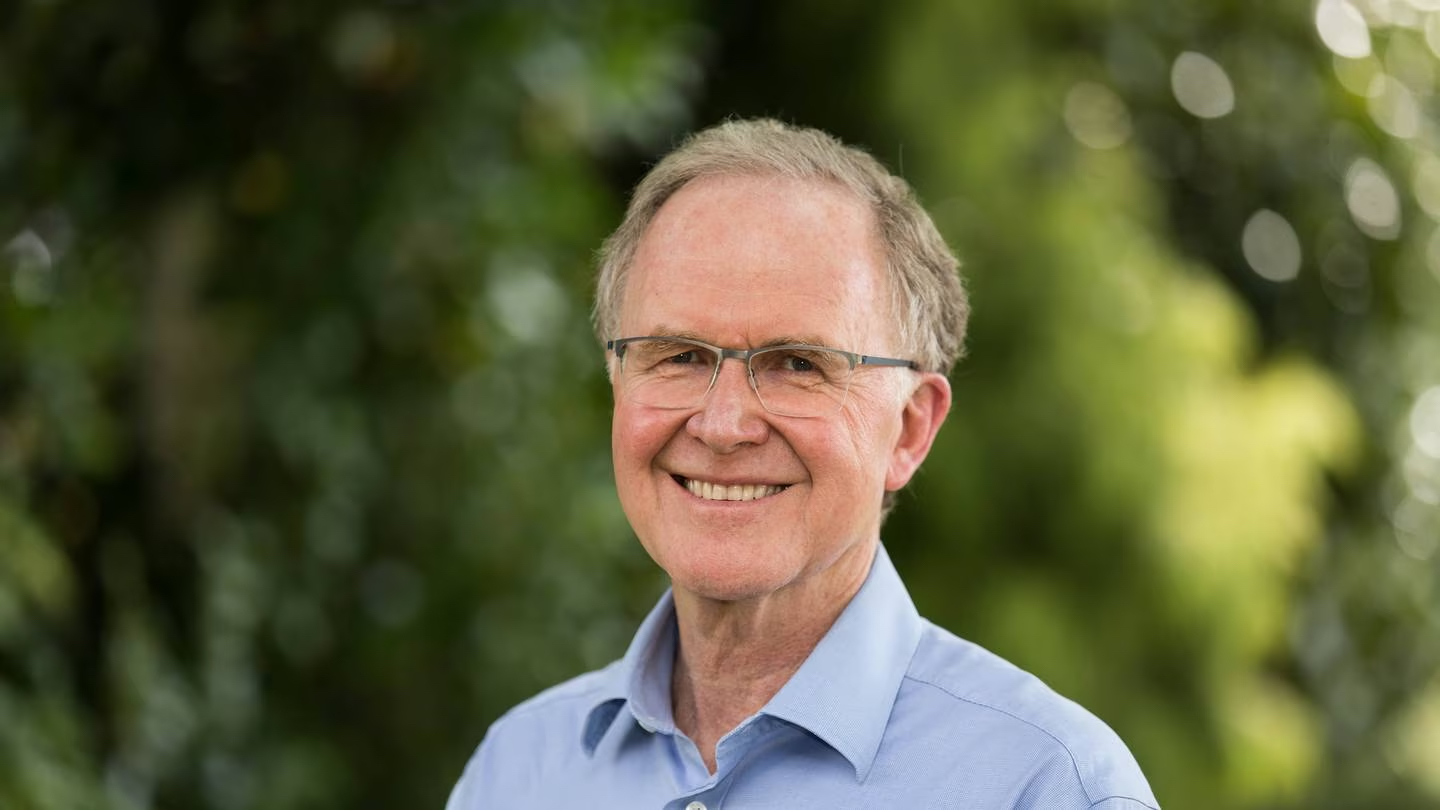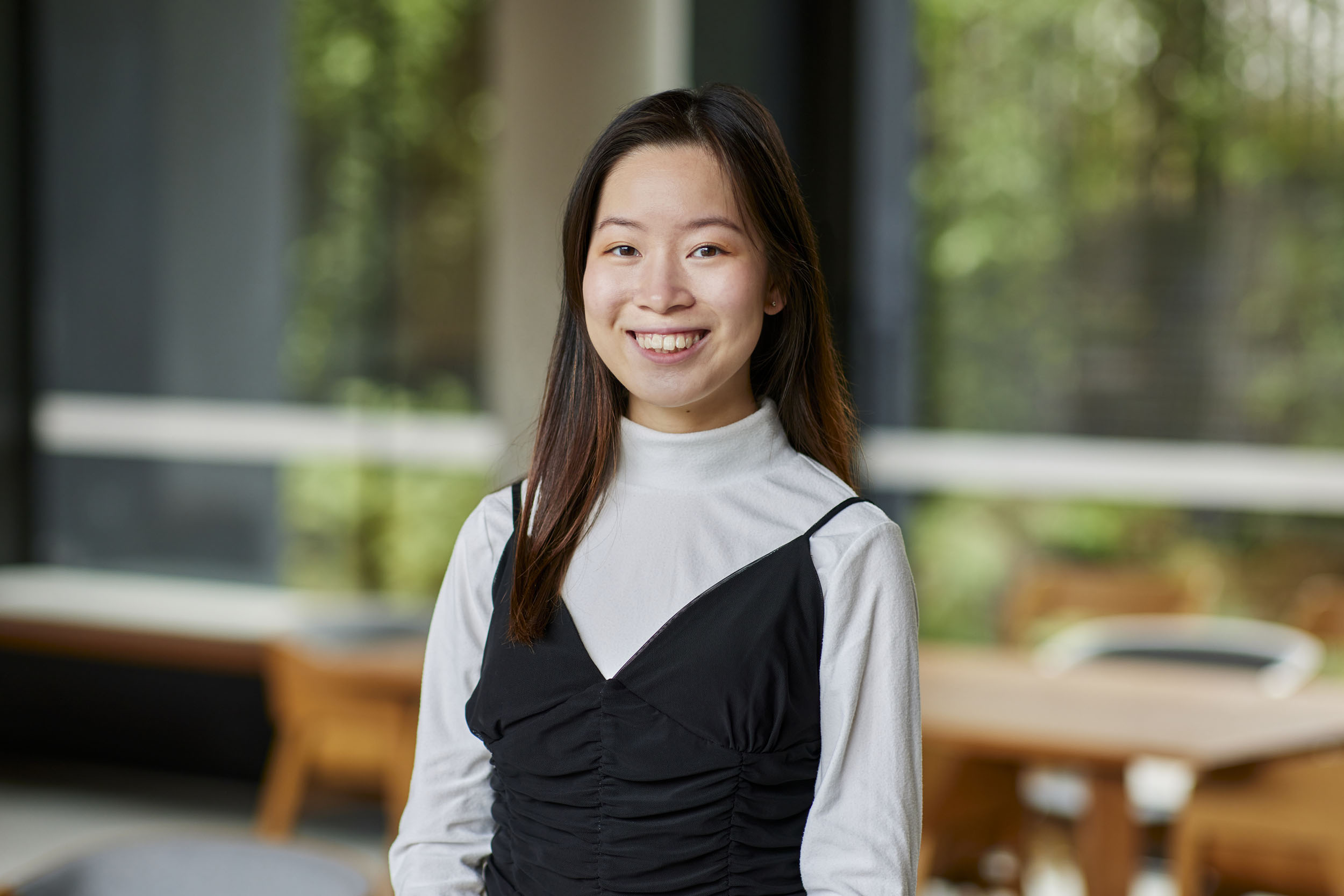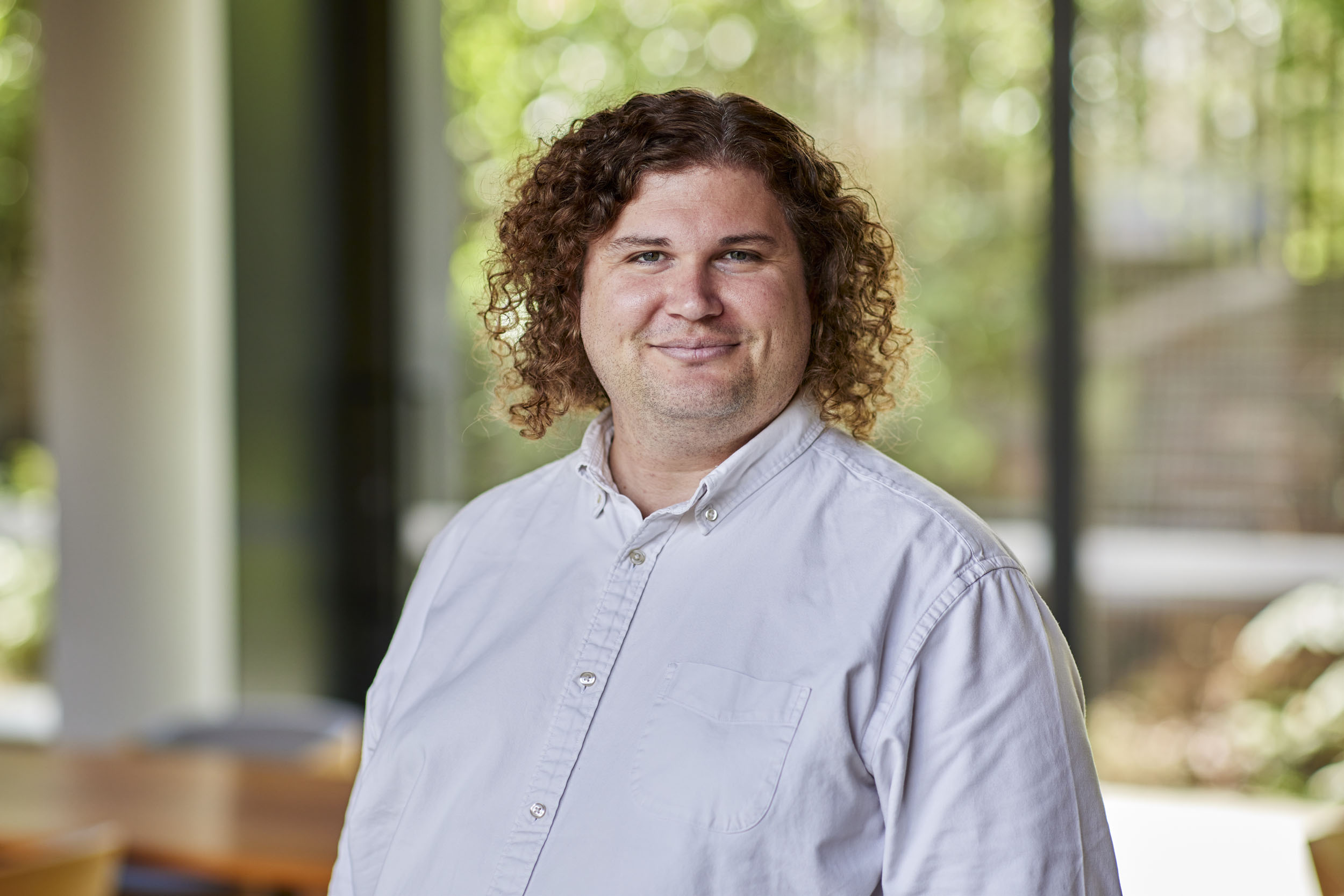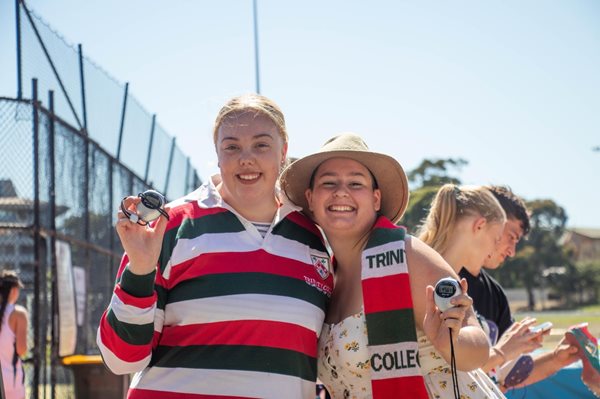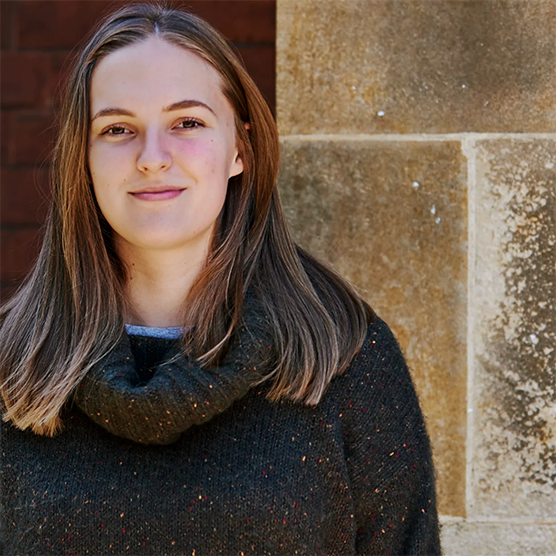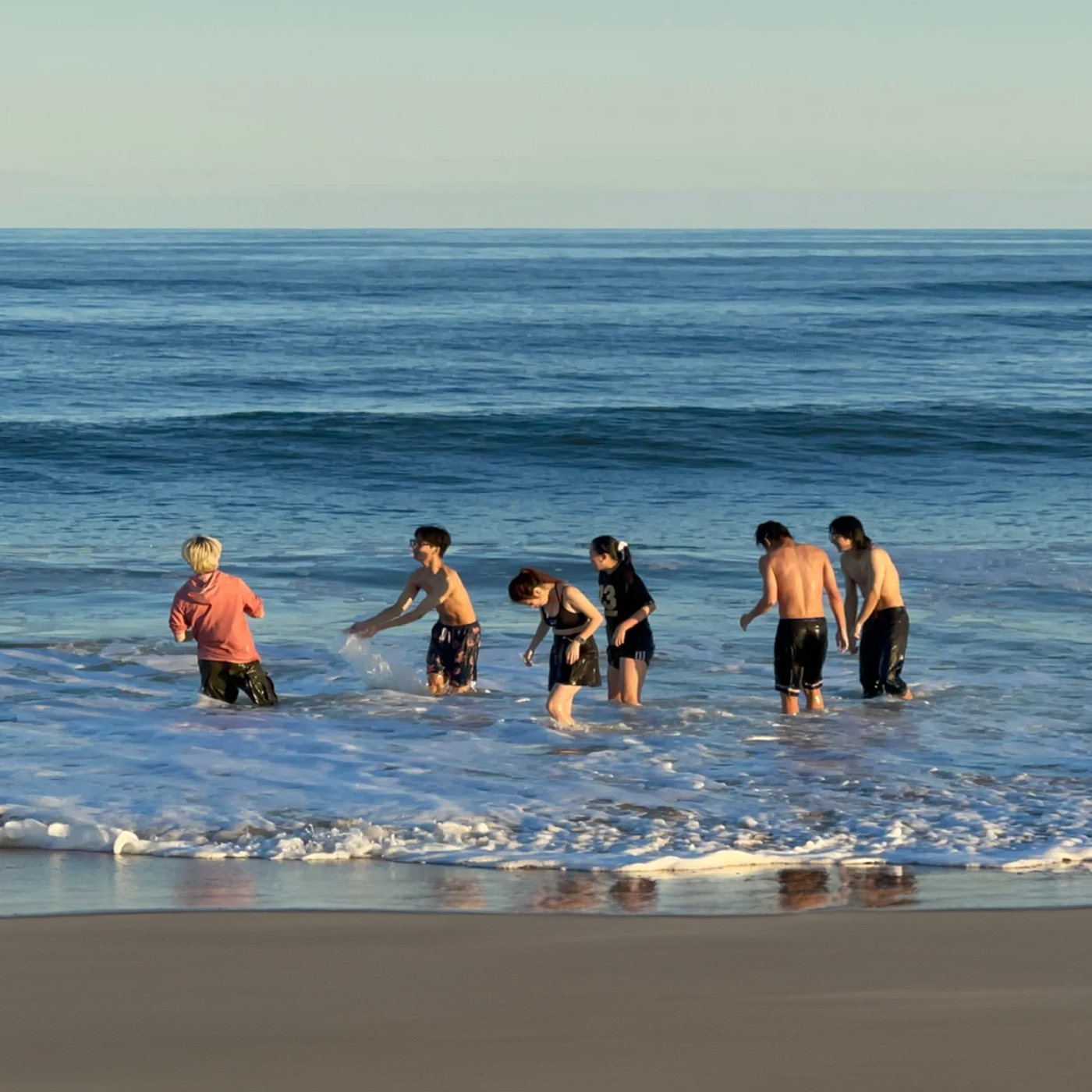

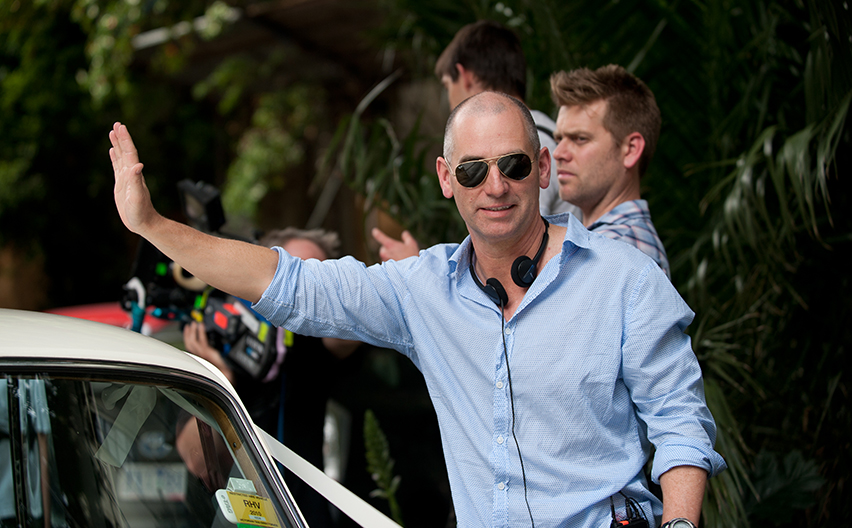
For many Australians, the ‘pool room’ is a symbolic repository of cherished objects, and to have a gift bequeathed to this room is a compliment of the highest order. If the gift stays in its packaging, even better.
Aussies were introduced to the pool room by way of The Castle – the 1997 film directed and co-written by Rob Sitch (TC 1980) that encapsulated the endearing narrative of a ‘typical’ Australian family, who had little but more than enough. It underscored a moment in time when rissoles were trendy and the Trading Post ruled (even if many of the goods it was flogging were overpriced), while highlighting the abiding principle that a home is more than a house.
The movie captured a certain suburban innocence, like that of a child before discovering their parents have flaws. ‘It was the realisation that a really fertile time for anecdotes came from around the age of 10-14,’ says Rob, of the simple idea that led to the creation of what is one of the most iconic Australian films of all time.
Told through the eyes of Dale Kerrigan, played by a young Stephen Curry, the movie was inspired by the childhood memories of the Working Dog team – Rob and his wife Jane Kennedy, Tom Gleisner and Santo Cilauro. ‘The setting came from visiting my cousins who lived close to the house in the movie [next to Essendon Airport]. As an aviation buff, I genuinely thought they were the luckiest family in the world,’ says Rob, reflecting on the inner-thoughts of his 10-year-old self.
The fact that the private lexicon of the scriptwriters – also drawn from childhood – was suddenly inaugurated into the Australian vernacular upon The Castle’s release is something Rob says was one of the unexpected joys of the film. (Most Australians have noted the serenity of their surrounds at least once in their life.)
‘The only line I was certain would catch on was “It’s the vibe”,’ says Rob. ‘It seems such a silly way to decide constitutional law, but I’ll bet when those justices get to the end of their deliberations and still can’t decide, “the vibe” can’t be far away.’
The first draft of the film’s script was written in two weeks (‘though we’re famous re-drafters,’ says Rob); filming took even less time. ‘The week before we had a full read-through with the cast and it was close to the most enjoyable 90 minutes I’ve experienced, so we went in thinking there might be a chance for [the film] to do something. Not a lot, mind you, just something.’
The film indeed became ‘something’ – grossing more than $10 million at the Australian box office (against a $750,000 budget) and rooting itself in Australian cinema history.
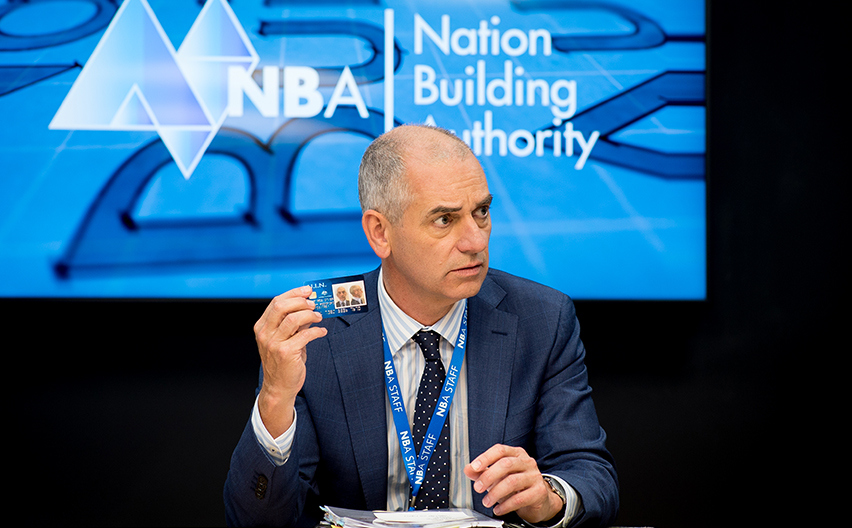
Tailing The Castle for the Working Dog team was The Dish, which tells the story of the role played by the Parkes (NSW) radio telescope in broadcasting man’s first steps on the moon. 2020 celebrated the 20th anniversary of the film’s release.
‘The Dish was completely different,’ says Rob, who directed both films. ‘We were tossing around ideas and Tom Gleisner said, “Do you know about Australia’s involvement in the Apollo 11 mission?” How that disappeared from our consciousness is amazing. It was on the front pages of the newspapers at the time.’ The Dish went on to become another top-grossing Australian film, with actor Sam Neill playing the lead as Cliff Buxton. The real-life ‘dish’ was put on the National Heritage List in August 2020.
Despite Working Dog’s film successes, the group’s beginnings are in television, and for Rob, his theatrical antics started midway through his studies at Melbourne University when he and a group of students toured a revue around Australia. Their satirical sketches caught the attention of the ABC, which commissioned them for the D Generation series, so Rob completed his medical degree and internship while juggling a budding television career.
Rob had always found study to get in the way of more enjoyable things – not least a TV series, but also activities including plays and sports at Trinity. ‘The only obstacle for me [at college] was the medical curriculum, which I found relentless,’ he says. So, after struggling to strike a balance between medicine and acting, Rob took a year off to pursue the latter upon completion of his medical internship. But one year kept rolling into the next, until more than 33 years had passed.
‘The really big pivot in most of our lives was The Late Show,’ says Rob, referring to the ABC series screened between 1992–93 which toyed with fake news long before Donald Trump was elected US president. The Late Show preceded Frontline and The Panel in the 1990s, with Frontline picking up a Logie in 1998 for ‘most outstanding series’ and ‘most outstanding achievement in comedy’.
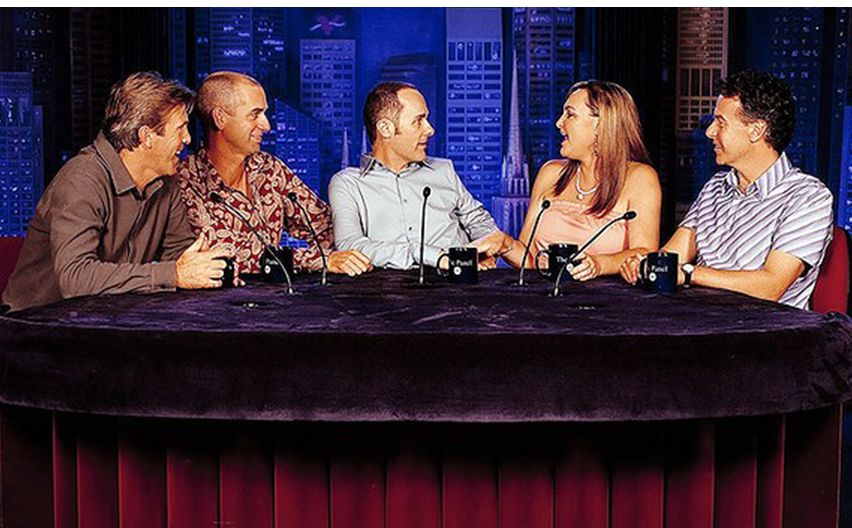
The Working Dog team went on to create the hapless Russell Coight for his all-Aussie adventures, impromptu skits with some of the nation’s best comedians via Thank God You’re Here, and the ‘National Building Authority’ in Logie-winning Utopia, in which Rob oversees the equivocal decision-making of federal bureaucrats as lead character Tony Woodford. In 2020, the group’s comedic news-recap show Have You Been Paying Attention entered its ninth series.
‘Self-importance is extremely amusing for some reason,’ says Rob, of his long-time angling towards political satire. ‘Whether it’s TV or politics or the professions … there’s a lot of pretending at the top.’ And deciding what exactly to poke fun at comes down to a shared consensus among his team. ‘When an idea gets lobbed up and there’s any level of disinterest … goodnight!’ he says, of Working Dog’s secret to success. At a higher level though, Rob admits the team’s comedy leanings are hard to pin down, because sometimes logic and reason are hard to define.
Sometimes, it’s just … the vibe.
By Emily McAuliffe
Related News
-
News & Stories
- Jack reaps the rewards after taking a leap of faith on Trinity College
- Trinity alum named in King's Birthday Honours 2025
- Trinity Deputy & Academic Dean appointed Fellow at Center of Theological Inquiry
- Trinity College offers its congratulations to newly elected Archbishop of Melbourne, the Right Reve
- Events
- Art
- Music & Choir
- Campus Development Projects
- Visiting Scholars & Lectureships
- Accommodation for Visitors
- Short Programs
- Work at Trinity


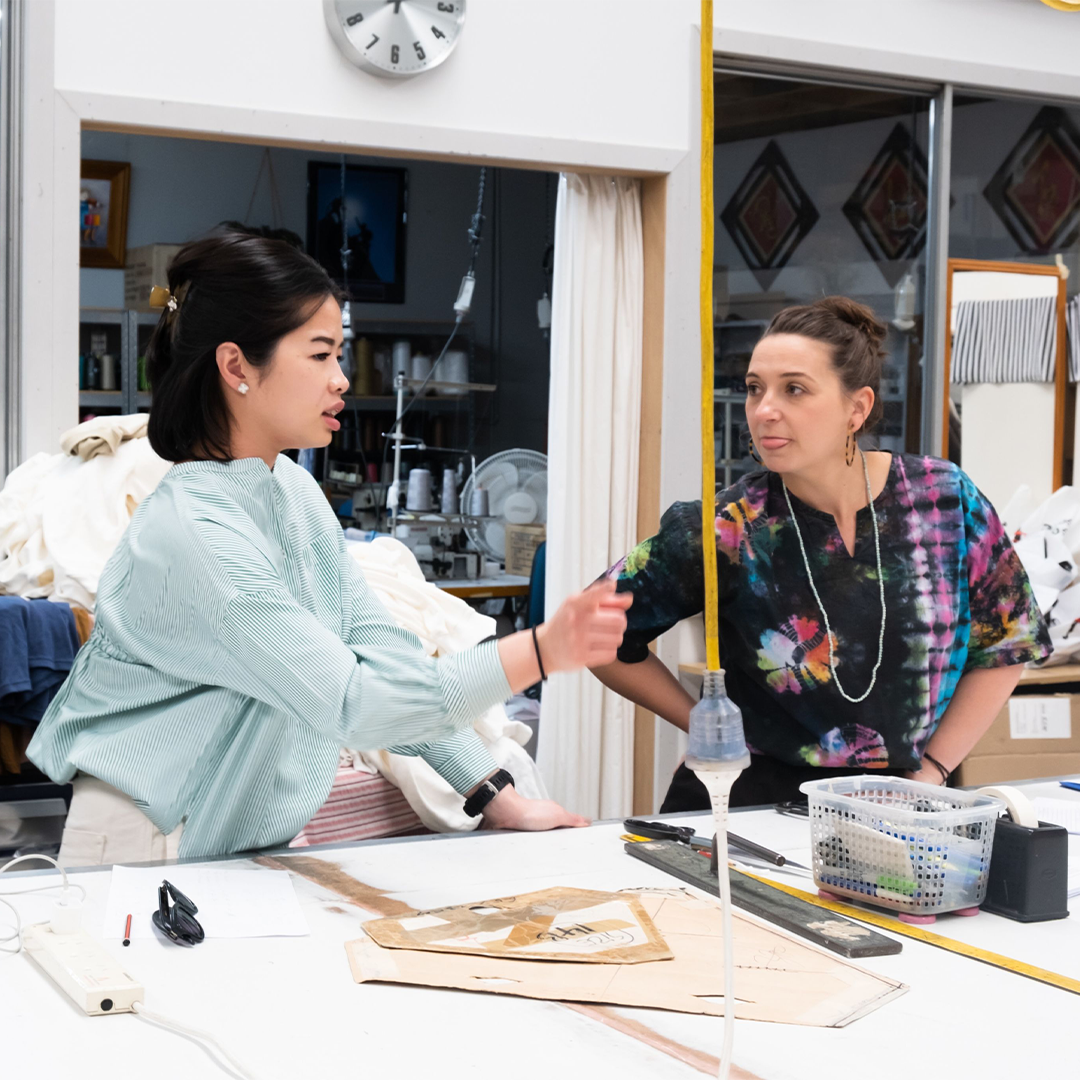

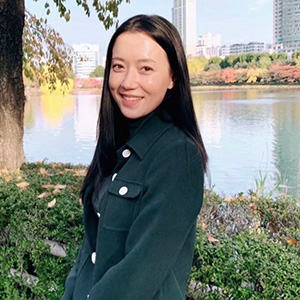

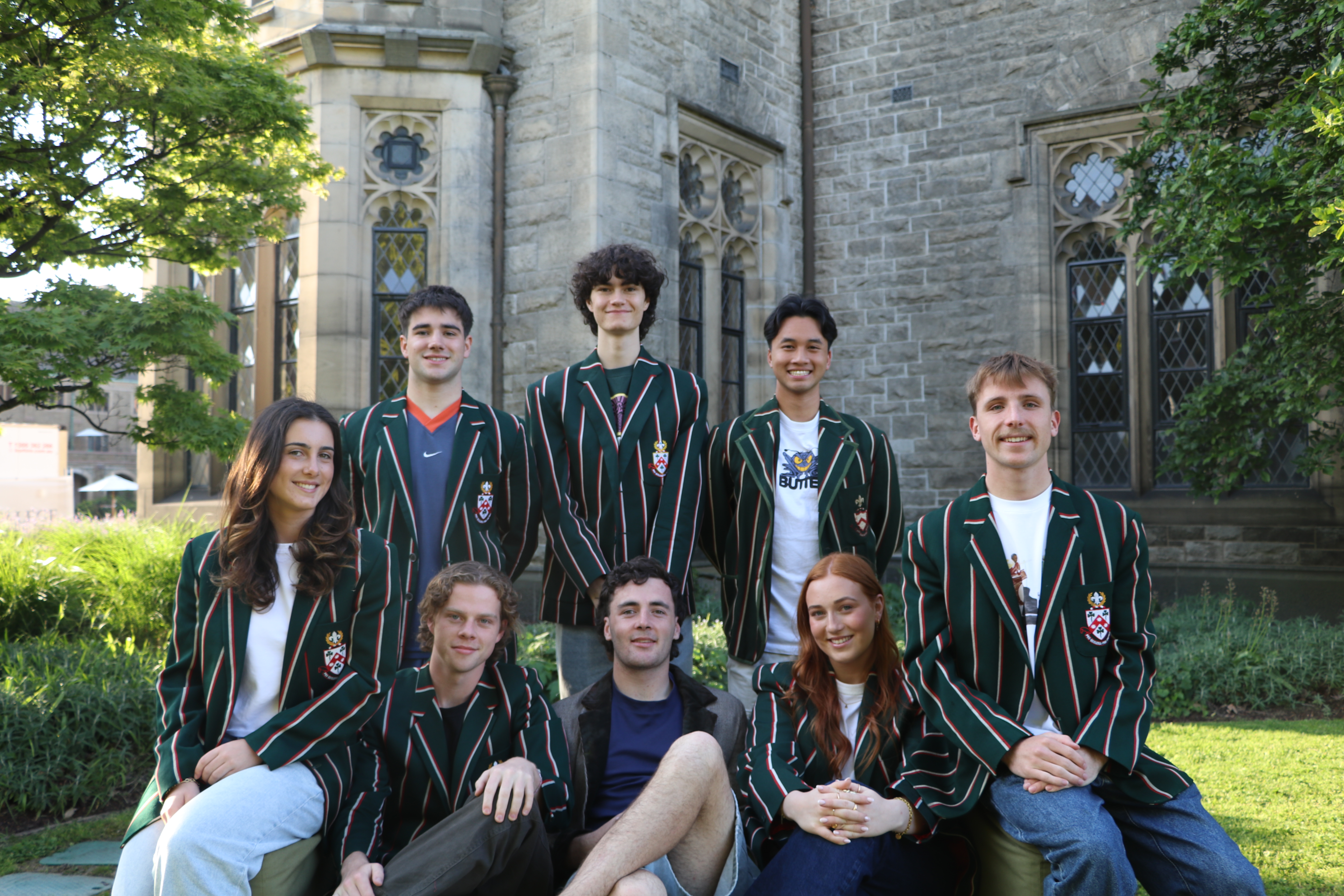
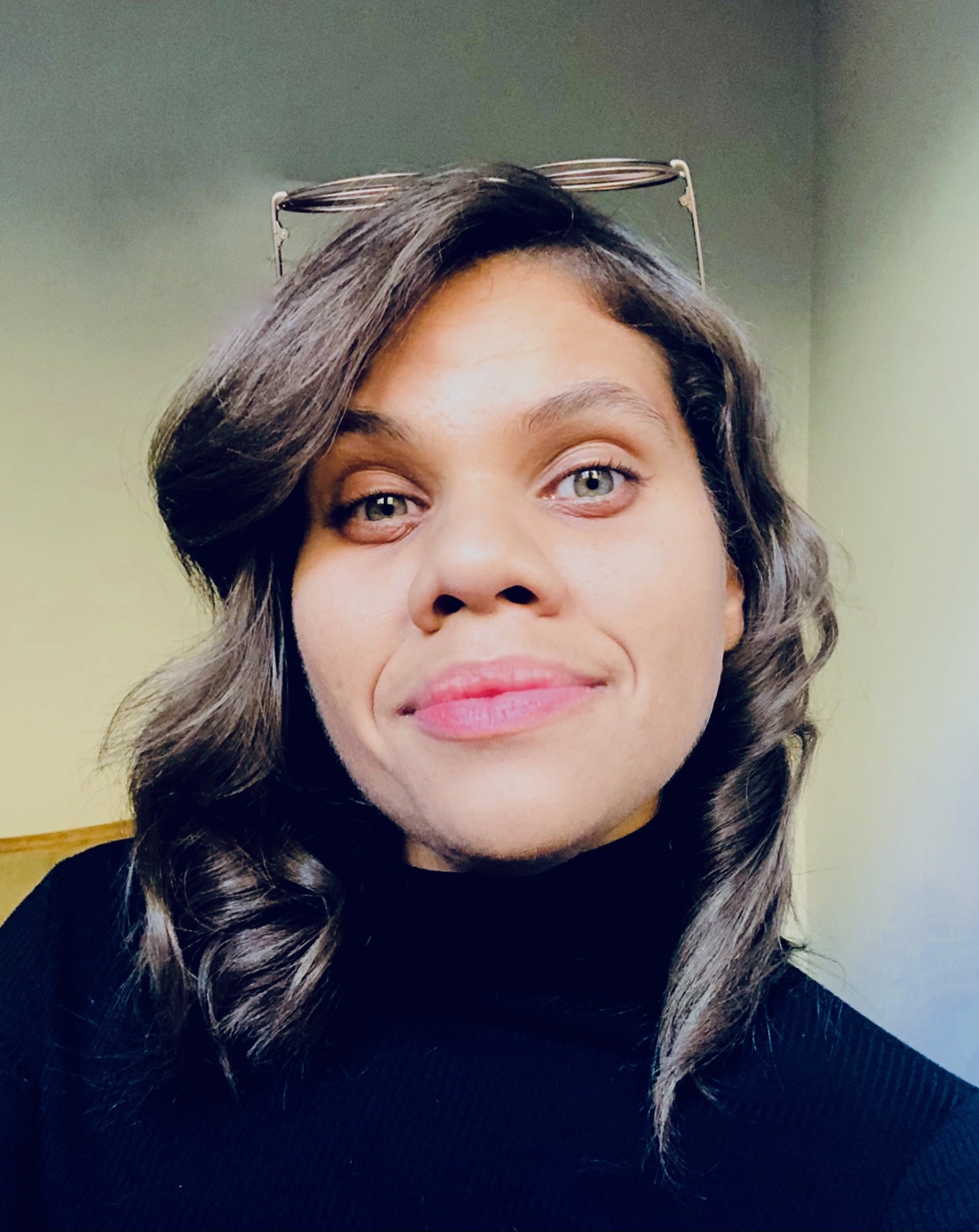
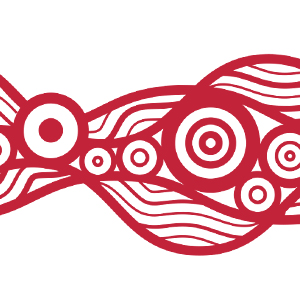
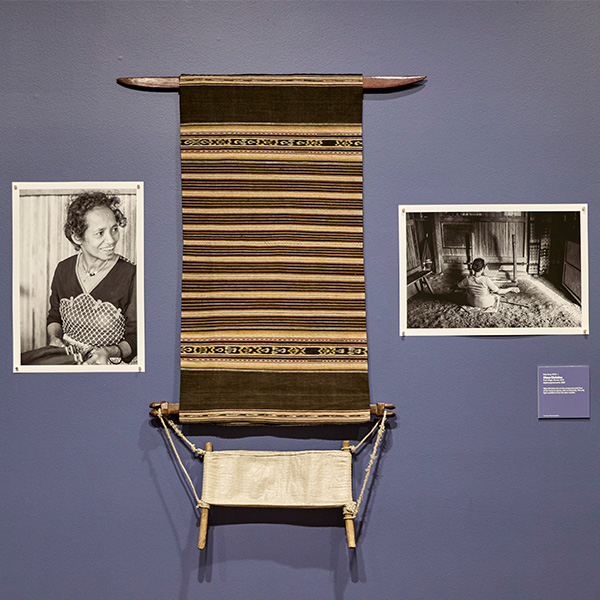

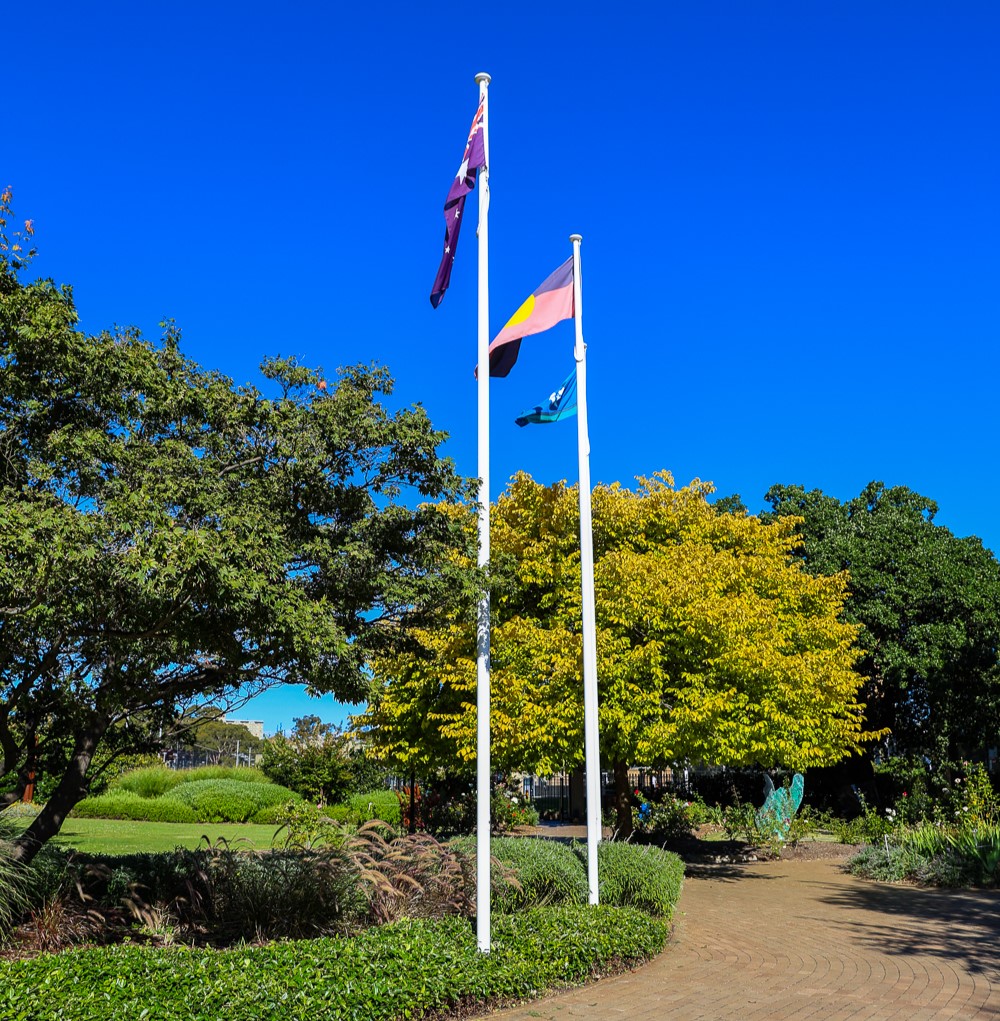
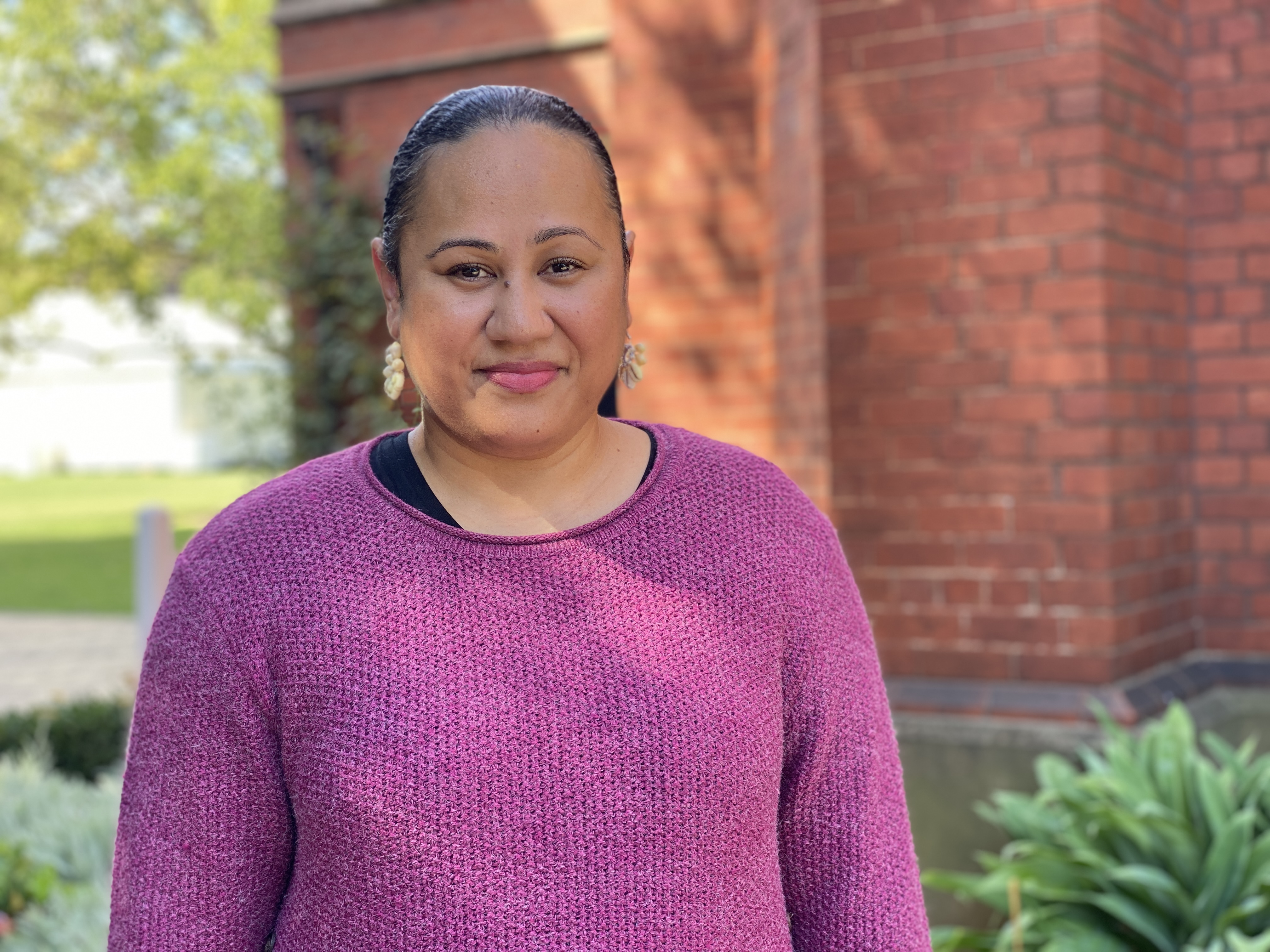
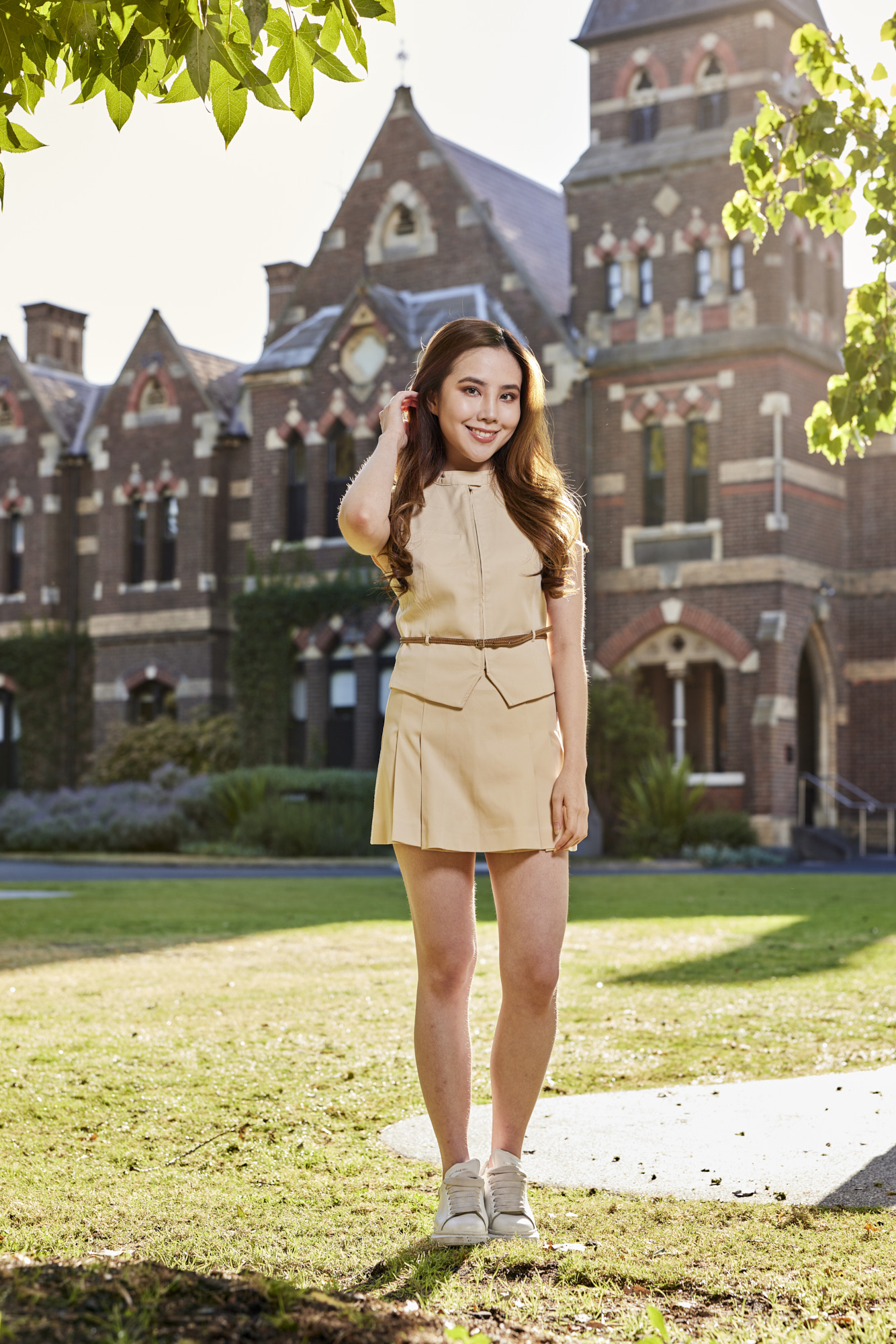
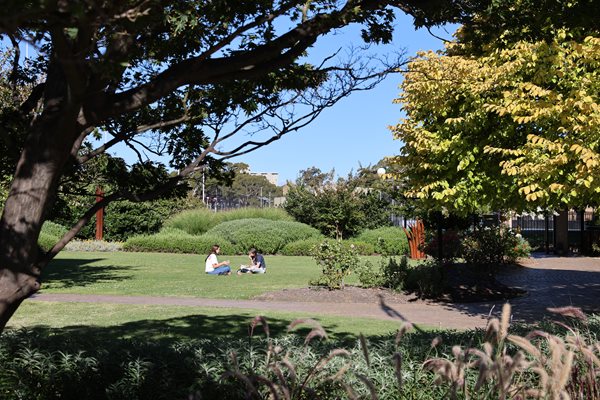
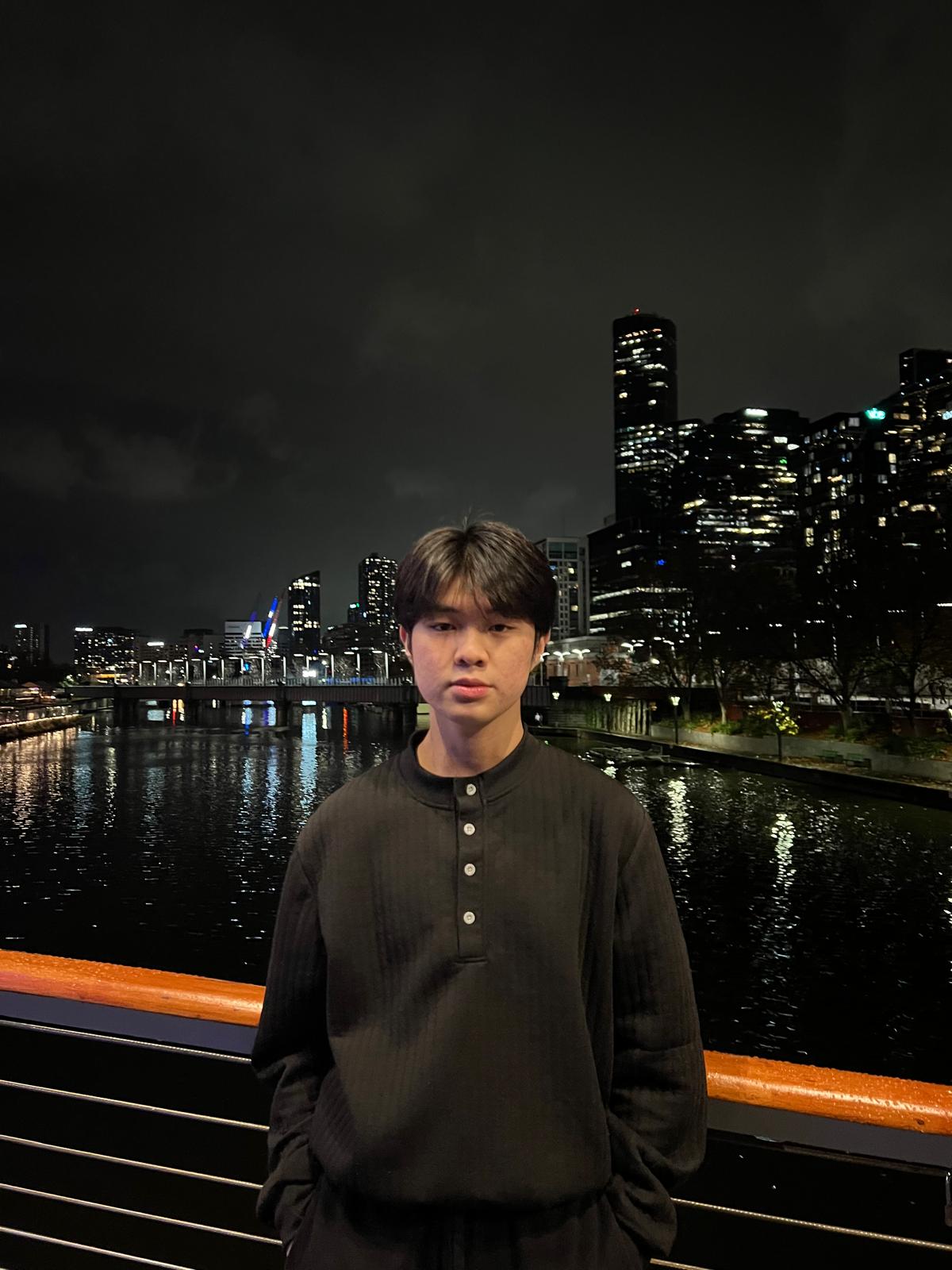
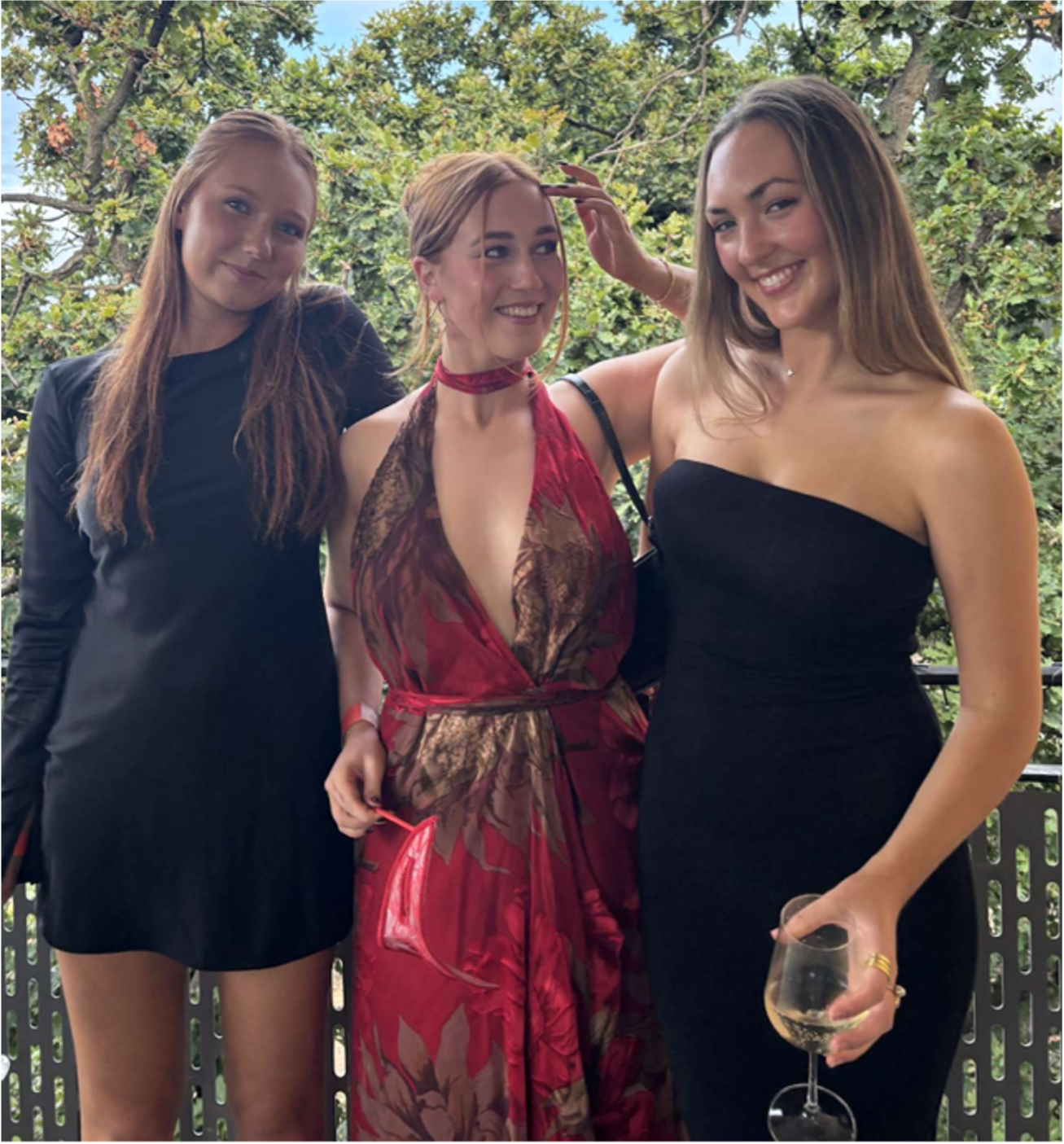


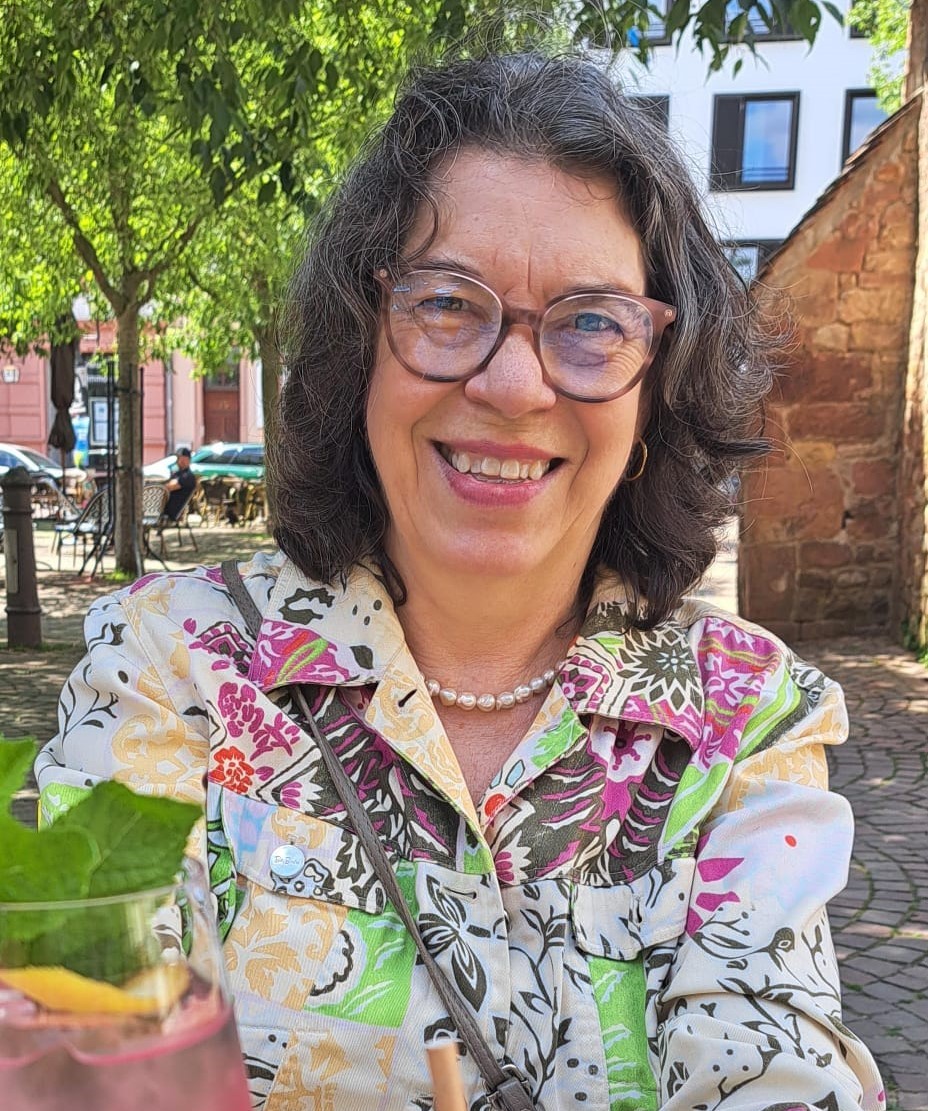
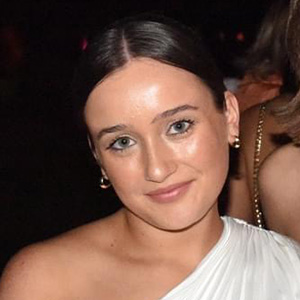
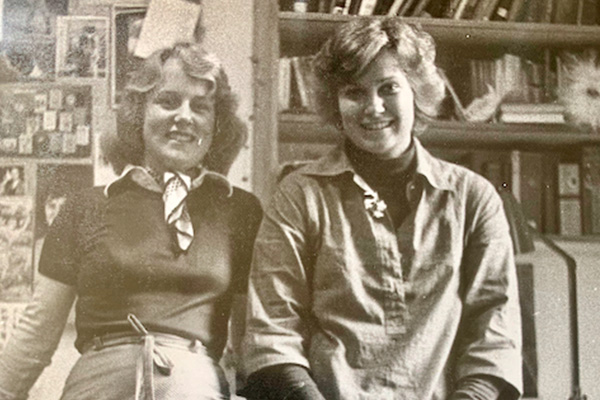
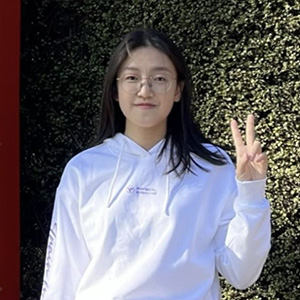
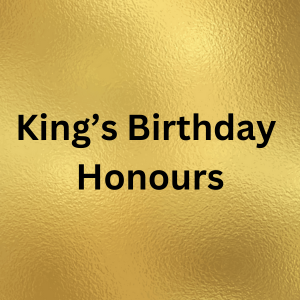
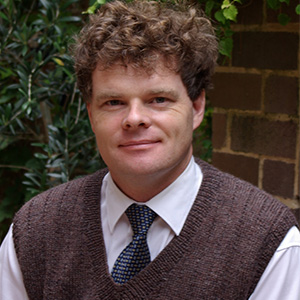
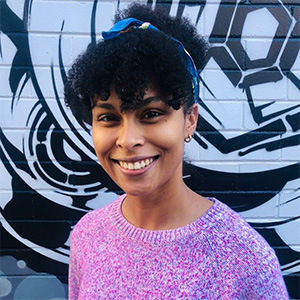

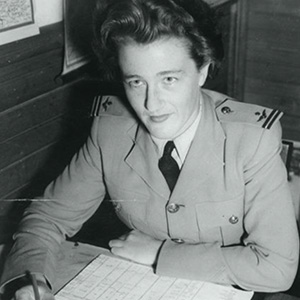


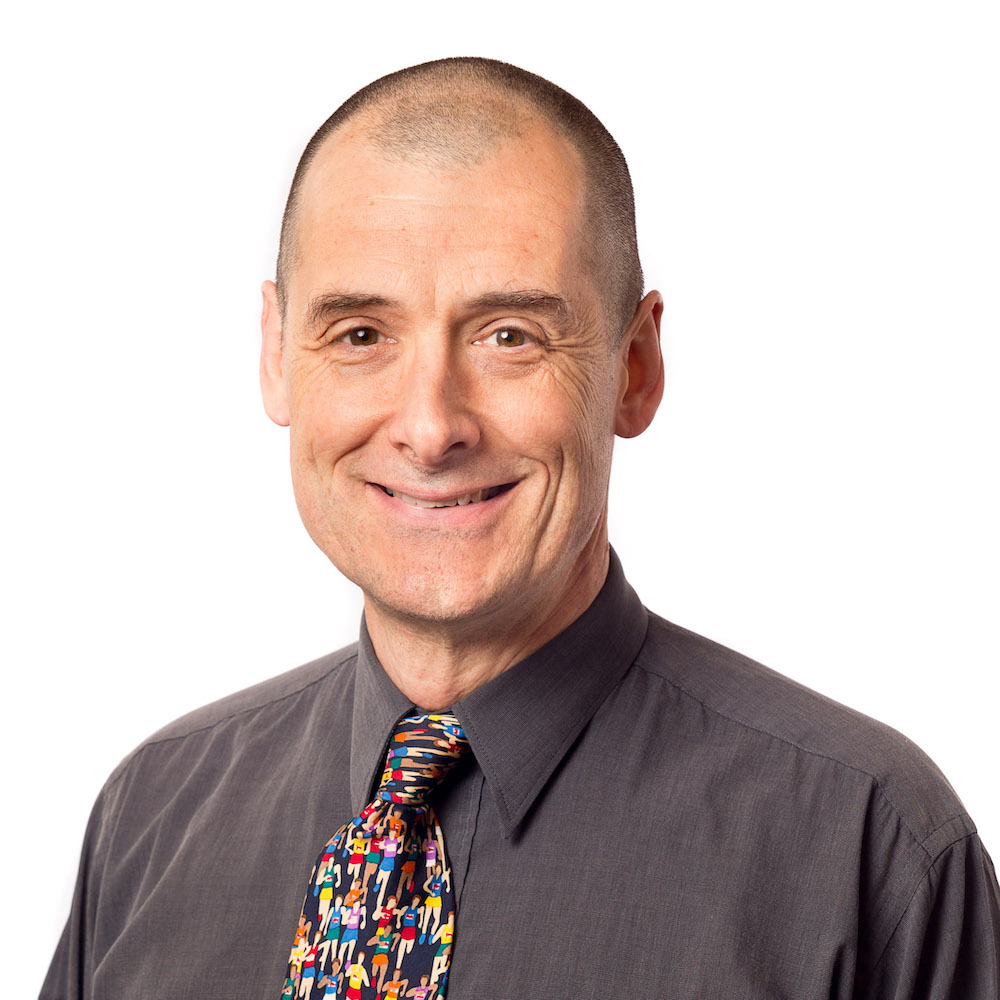
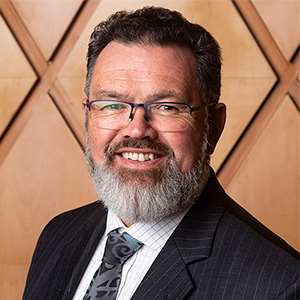
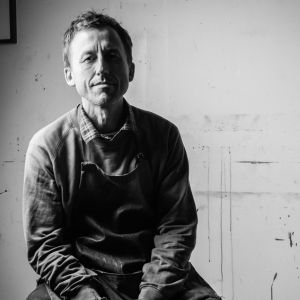.jpg?width=300&height=300&ext=.jpg)
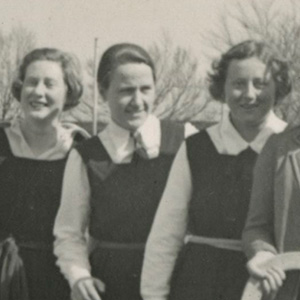
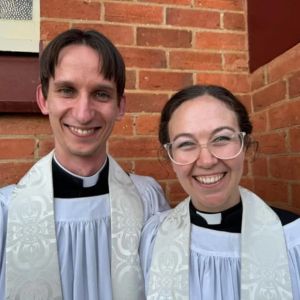.jpg?width=300&height=300&ext=.jpg)
